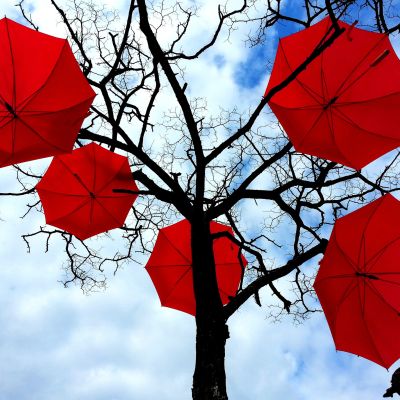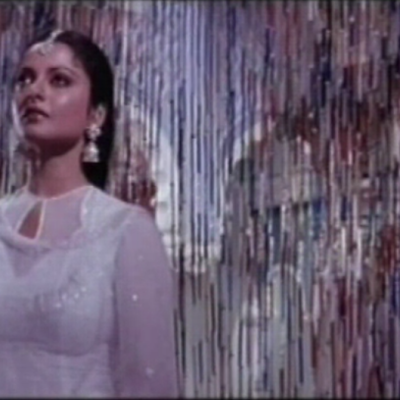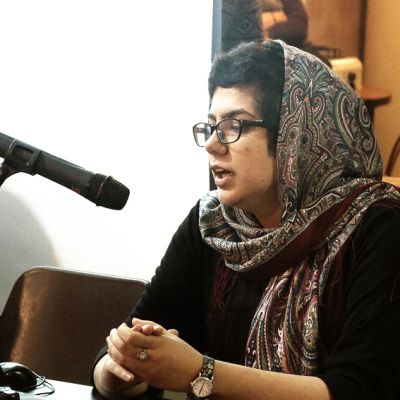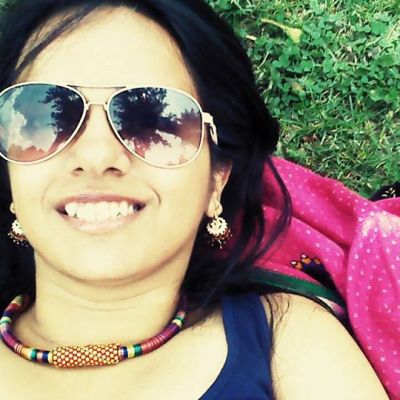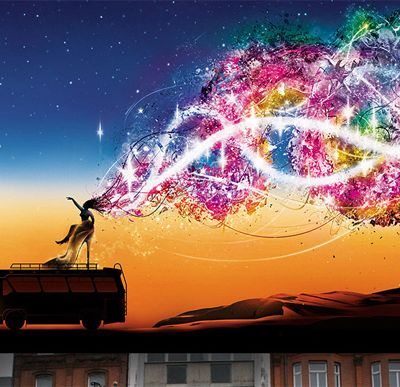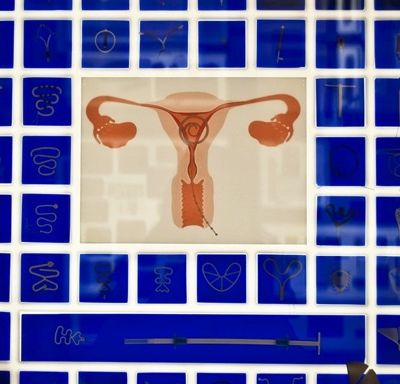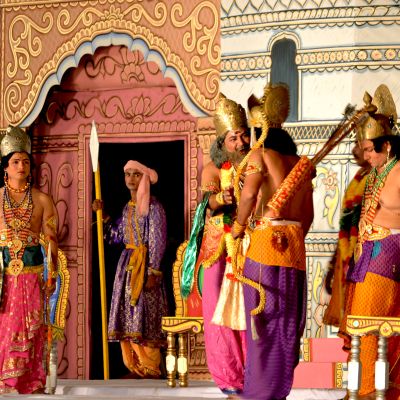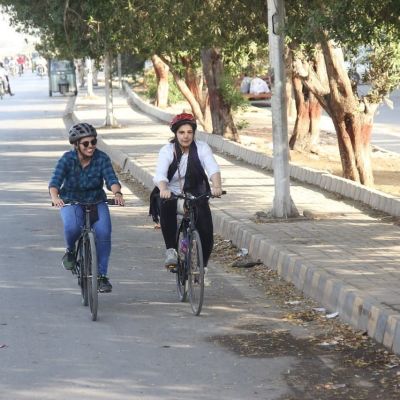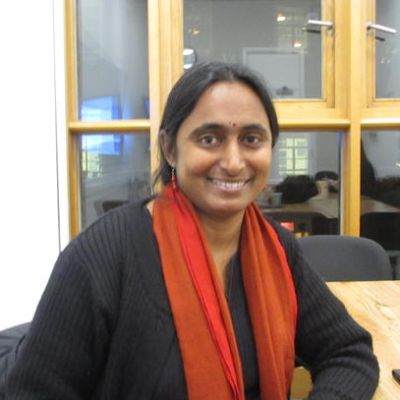Categories
Abortion and sex work share the distinction of being topics on which even feminist activists sometimes find it difficult to remain non-judgmental, confronting feminists with the question: to what lengths are we really willing to go to respect and enable women’s choices and bodily autonomy?
A discussion between sex workers of different ages, work contexts and backgrounds at the Empower Foundation centre in Chiang Mai, Thailand.
The fight for an end to discrimination and violence against sex workers in Cambodia, as in many other parts of the world, has a long way to go.
“‘Dhandewali’s must smoke; paan is a must; a ‘dhandewali’ can never escape her identity; ‘dhandewali’s must dress ‘differently’… Spanning over 6 decades of Bollywood cinema, ‘Zinda Laash’ highlights how very little has changed across the ages when it comes to the industry’s representation of women in prostitution. Humorously drawing attention to stereotypes, while poignantly highlighting myths, ‘Zinda Laash’ is a tribute to every sex worker who is not recognised as a woman or a human being.”
शहरों में सार्वजनिक स्थानों पर अपनी मौजूदगी दर्ज करने के नारीवादी प्रयासों में वर्ग के आधार पर विभाजन को समझने के लिए हमें पहले यह जानना होगा कि किस तरह शहरों में सार्वजनिक स्थान लगातार कम हो रहे हैं और इनके लिए प्रतिस्पर्धा बढ़ती जा रही है।
Nikzad speaks her mind on matters of travel, gender and political rights of Iranian and Middle-Eastern women as well as…
Travel for those who have been deprived of freedom means even more. These are the ones you find in Antarctica. – Werner…
They say the world is a book and those who do not travel only read a page. I had a very un-travel-ish childhood. Like every other middle-class Indian family, my parents did not believe in travelling or even holidaying for that matter. The only vacation we used to take as an annual trip was to visit my maternal grandparents who thankfully lived in Dehradun – away from bad and polluted Delhi (my hometown).
Travel and sexuality throws up different thoughts and feelings for us all. For me, it threw up the term travelling sexuality. I like it. Travelling sexuality. It sounds exotic or intellectual, adventurous, dangerous, depending on who you are and how you live life. A travelling sexuality could describe the way we evolve as sexual beings, shifting and changing identities.
If I had a dollar every time I heard an opponent of abortion rights say something like “If you remove the option for abortions, women will stop getting them,” it’s safe to say I would go up a tax bracket or two. In many places today, Global South or North, I would need all of those dollars in order to travel a considerable distance for an abortion that may neither be legal nor safe.
When the opportunity to work on a documentary film shoot about mapping Ramleela (a dramatic folk re-enactment of the life of Ram(a), an avatar of Hindu god Vishnu, and his wife Sita, an avatar of goddess Lakshmi) performance traditions across the state of Orissa presented itself, I had three thoughts in my head.
Employing a direct line of questioning in a booming voice, a tall drag queen shining in a blood red sequinned gown, strides to our table and shoots the question at us. I am not entirely sure how to respond and neither is my friend.
There’s a pregnant pause as he fumbles for his keys, and I, for a definitive answer. Packaged as an innocuous statement, there hangs a question between us: No one even knows your name here, in this remote corner of the antiquated town we’ve found ourselves in. And yet, we’re in front of a door, planning to know so much more.
Within the urban sphere, feminist discourse has for the past few decades centred on the constant anxiety and anticipation of violence, which permeates all of women’s movements within South Asian cities. However, something unusual is happening to that discourse in this cultural moment. Feminists are systematically and strategically shifting their attention from the anticipation of violence to the active search for pleasure in public space.
The gang rape and murder of New Delhi’s Jyoti Singh in December 2012 shook up the country’s urban collective conscience. Kavita Krishnan’s erudite feminist leadership emerged from the incident’s aftermath – a powerful voice of outrage against the curtailing of freedom and mobility.

